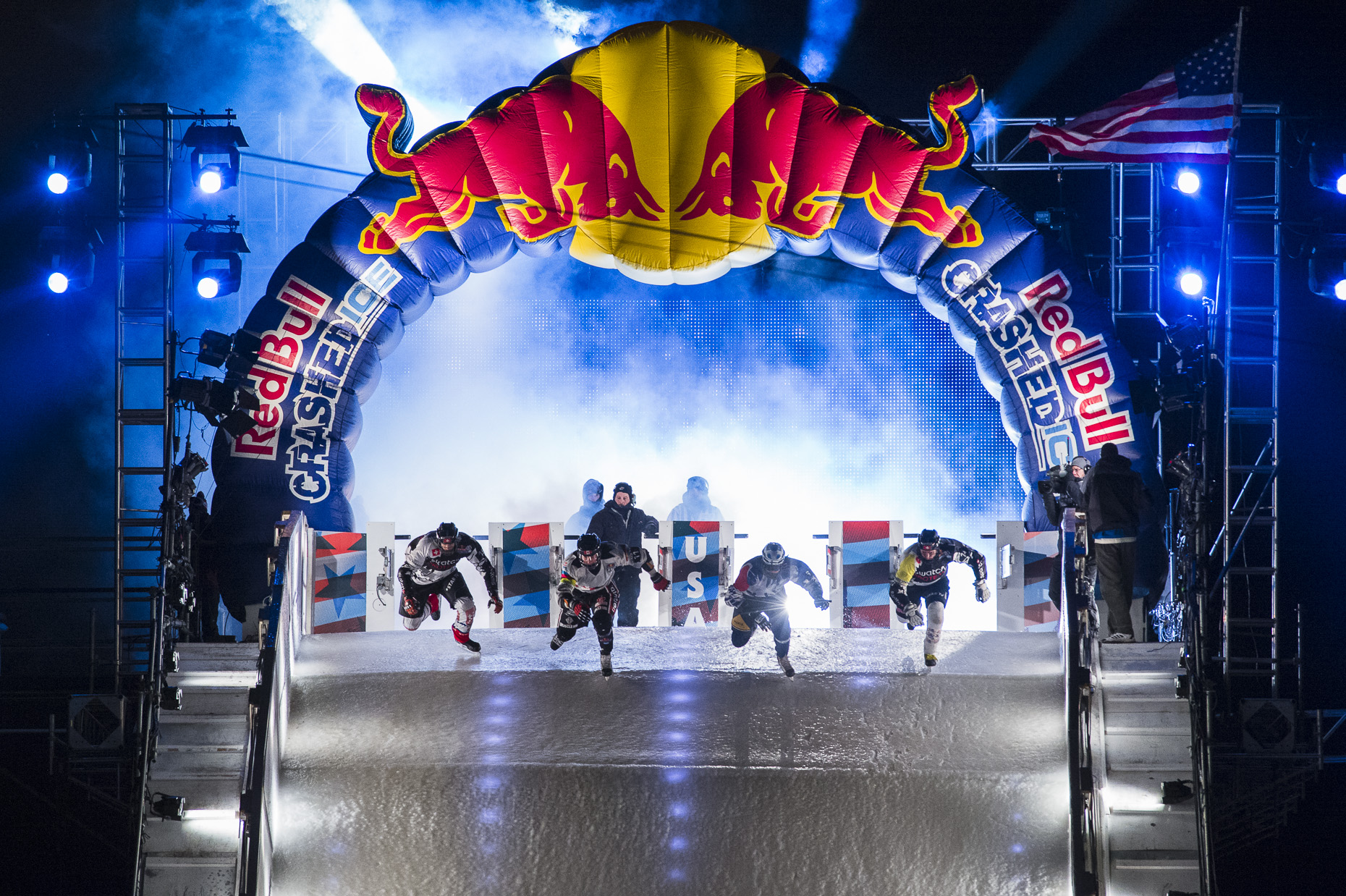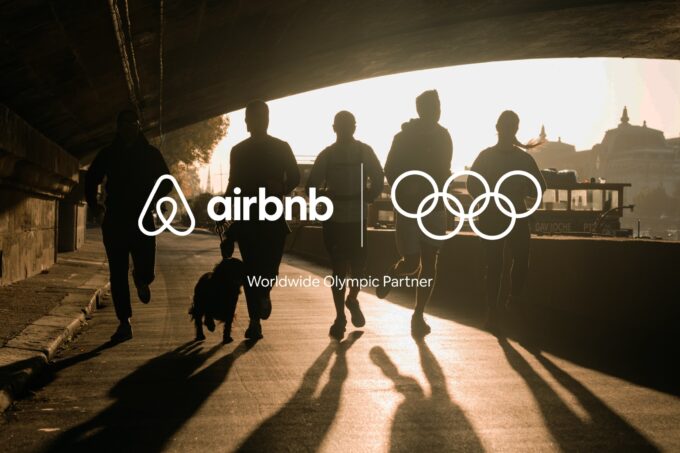In the realm of sports, sponsorship deals are not just transactions but lifelines that fuel the grand spectacle of the world’s biggest events. From the Olympics to the FIFA World Cup, these partnerships go beyond financial support, weaving into the fabric of the event’s identity and legacy. This blog post aims to unravel the complex tapestry of sponsorship deals, providing a window into the mechanisms that drive these agreements and their impact on sports, fans, and the brands themselves.
The Evolution of Sponsorship in Sports
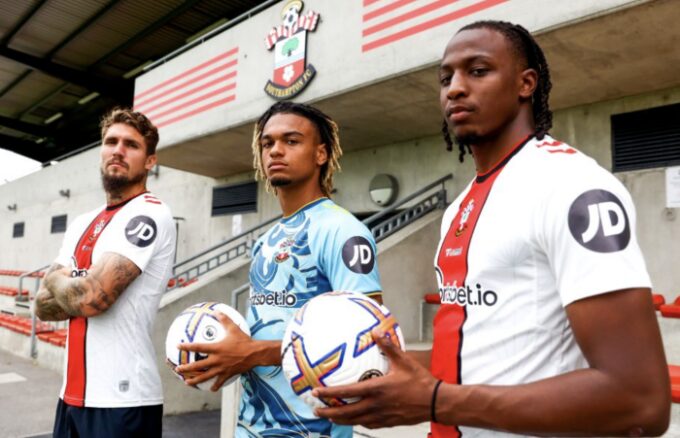
Sponsorship in sports has evolved from simple logo placements to comprehensive partnerships that shape the event experience. Initially, brands sought visibility in crowded stadiums, but as the media landscape expanded, so did the opportunities for exposure and engagement. This evolution reflects a broader change in marketing strategies, where the value of a sponsorship deal is measured not just in impressions but in the depth of connection with the audience.
The modern sports support deal is a sophisticated agreement that extends beyond financial support to include content creation, digital marketing, and community engagement initiatives. Brands are now integral to the event experience, offering fans unique opportunities to interact with their favorite sports in novel ways. This shift reflects a deeper understanding of the fan journey, recognizing that value comes not just from visibility but from enhancing the fan experience.
The Mechanics of Sponsorship Deals

The negotiation of a subsidy deal is a complex process that involves a deep understanding of the event’s audience, the brand’s objectives, and the unique opportunities the partnership can offer. It begins with a thorough assessment of the event’s value proposition, including its demographic reach, brand alignment, and potential for engagement. For brands, the negotiation process is an opportunity to secure not just visibility but a platform for meaningful interaction with their target audience.
Once a deal is struck, the focus shifts to maximizing its impact. This involves a collaborative effort between the event organizers and the sponsor to create engaging content, activate on-site branding opportunities, and leverage digital platforms for wider reach. A successful sponsorship activation will not only achieve the brand’s marketing objectives but also enhance the event experience for participants and fans.
In today’s digital age, social media plays a crucial role in amplifying the impact. Brands and events collaborate on social media campaigns that engage fans before, during, and after the event, extending the reach beyond the physical venue. Content creation is central to this strategy, with behind-the-scenes access, athlete endorsements, and user-generated content campaigns helping to build a narrative that connects the brand with the event in a meaningful way. Leveraging these digital platforms not only enhances brand visibility but also fosters a sense of community among fans, creating a lasting impression long after the final whistle. For more insights into sports and betting, visit https://ivibet.com/hu.
Case Studies: Success Stories
Olympic Partnerships
The Olympic Games represent the pinnacle of sports sponsorship, offering brands a global platform to showcase their support for excellence, diversity, and unity in sports. The International Olympic Committee’s (IOC) TOP (The Olympic Partner) program is an exclusive sponsorship initiative that includes some of the world’s most renowned brands. These partnerships are not just about financial support; they are about aligning with the Olympic values and leveraging the Games to engage with a global audience.
One notable success story is the partnership between the IOC and a leading technology company. This collaboration has transformed the way fans experience the Games, from enhancing broadcast technologies to providing athletes with cutting-edge equipment. The partnership exemplifies how Olympic sponsorships can drive innovation in sports, offering fans new ways to connect with their favorite events and athletes.
FIFA World Cup Collaborations
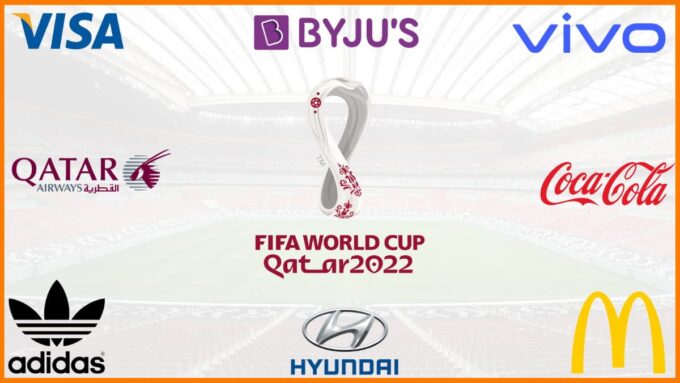
The FIFA World Cup is another event that has mastered the art of sponsorship. With billions of viewers tuning in from around the world, it offers sponsors a unique opportunity to engage with a diverse and passionate audience. The event’s global reach has attracted a wide array of sponsors, from multinational corporations to emerging brands looking to make their mark on the world stage.
A standout example of a World Cup sponsorship deal is the long-standing partnership between FIFA and a major beverage company. This collaboration has gone beyond traditional advertising to include community engagement initiatives, exclusive content creation, and innovative fan experiences. It showcases the potential of sponsorship deals to not just promote a brand, but to contribute to the cultural and social fabric of the event, creating a lasting legacy that extends far beyond the final match.
The Impact of Sponsorship on Athletes
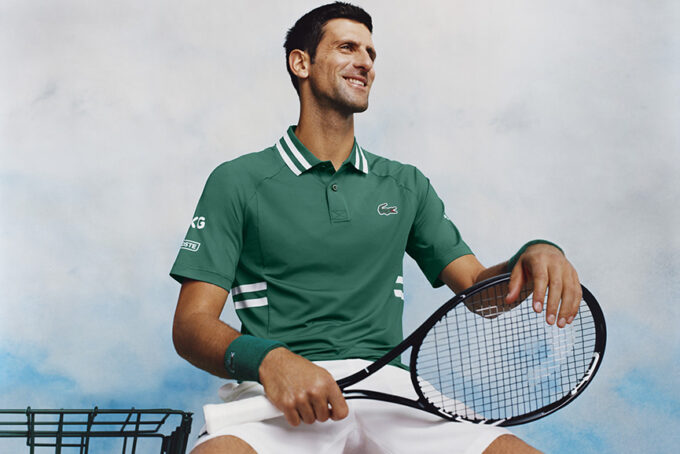
Athletes are not just participants in sporting events; they are also key stakeholders in support deals. For many athletes, sponsorship agreements provide crucial financial support, allowing them to pursue their passion and compete at the highest level. Beyond financial benefits, sponsorships can also offer athletes access to resources, training facilities, and expertise that can enhance their performance and career prospects.
However, subsidy deals can also bring added pressure and scrutiny to athletes, especially those in high-profile events. The expectations of sponsors, fans, and media can weigh heavily on athletes, impacting their mental and emotional well-being. Moreover, conflicts between athletes and sponsors regarding image rights, endorsement obligations, or performance expectations can sometimes strain relationships and create tensions.
Ethical Considerations in Sports Sponsorship
While these deals can bring significant benefits to sports events and athletes, they also raise ethical concerns that cannot be overlooked. One such concern is the influence of sponsors on the integrity of the sport. When brands wield considerable power over events and athletes, there is a risk that commercial interests may compromise fair play, transparency, and the spirit of competition.
Another ethical consideration is the alignment of sponsors with the values and principles of the sport. In an era of heightened social consciousness, brands are increasingly scrutinized for their actions and affiliations. Sponsorship deals with companies involved in controversial industries or with questionable ethical practices can tarnish the reputation of sports events and athletes, leading to public backlash and damage to brand credibility.
Conclusion
In conclusion, sponsorship deals play a pivotal role in the world of sports, driving innovation, enhancing fan experiences, and enabling events to reach new heights of excellence. As the landscape continues to evolve, the future of sports sponsorship looks bright, with endless possibilities for creative and impactful collaborations. For brands, athletes, and fans alike, these partnerships are a testament to the power of sports to bring people together, transcending boundaries and creating shared moments of joy and triumph.

